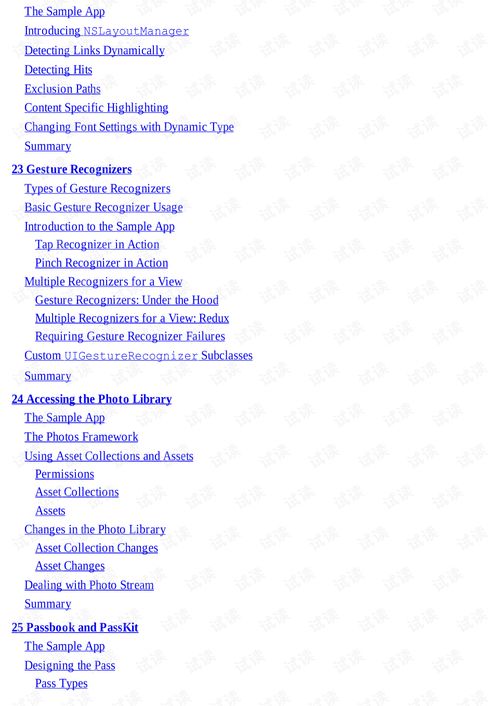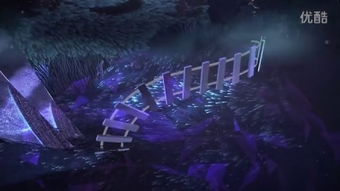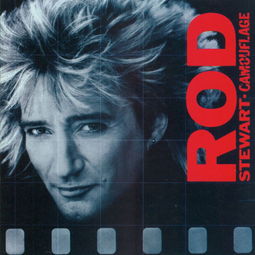How to Train Your Angling Fundamentals and Techniques
Fishing, an age-old pastime, has been captivating enthusiasts worldwide for centuries. Whether you're a seasoned angler or a beginner looking to cast your line into the unknown, mastering the basics of fishing is crucial to ensuring a successful and enjoyable experience. From selecting the right gear to honing your casting techniques, this article will guide you through the essential steps to train your angling fundamentals and techniques.
Understand the Basics of Fishing

Before diving into the technical aspects, it's important to have a solid understanding of the basics of fishing. This includes knowing the different types of fish you're targeting, the types of bait or lures to use, and the best locations to fish. Research the species you're interested in, and familiarize yourself with their habits and preferences.
Choose the Right Equipment
Selecting the appropriate equipment is the first step in building a strong foundation in fishing. Here's what you'll need:
- Rod and Reel: The combination of rod and reel should match the type of fishing you plan to do. Lightweight spinning rods are great for panfish and trout, while heavier baitcasting rods are better for larger species like bass and pike.
- Line: The type of line you use depends on the fish you're targeting and the conditions you're fishing in. Monofilament is versatile and easy to handle, while fluorocarbon is nearly invisible to fish and is great for clear water.
- Hooks: The size and type of hook should match the bait you're using and the size of the fish you're targeting.
- Bait or Lures: Choose baits or lures that mimic the natural prey of the fish you're targeting. Live bait, artificial lures, and natural baits like worms and crickets are all viable options.
Learn Proper Casting Techniques
Casting is a fundamental skill that requires practice and precision. Here are some tips to improve your casting technique:
- Warm-Up: Begin with a light cast to warm up your muscles and get a feel for your equipment.
- Position: Stand with your feet shoulder-width apart and your weight balanced. Hold the rod with a comfortable grip, usually using the index and middle fingers.
- Backcast: Swing the rod back behind you, allowing the line to flow off the reel smoothly. The backcast should be smooth and controlled.
- Forward Cast: With a quick, fluid motion, bring the rod forward, releasing the line as the lure reaches its intended destination. The forward cast should be smooth and accurate.
- Drill Practice: Practice casting in a straight line and at various distances to improve your accuracy.
Master Knot Tying
Properly tying knots is essential for ensuring your line stays connected to your lure or bait. Here are some essential knots to learn:
- Improved Clinch Knot: This is a versatile knot that works well with monofilament and fluorocarbon line.
- Trilene Knot: A simple and strong knot that's great for attaching hooks and lures.
- Albright Knot: A strong and durable knot that's excellent for joining two lines of different diameters.
Develop Sensory Awareness
Fishing is as much about patience and observation as it is about technique. Developing your sensory awareness will help you detect subtle signs of fish activity:
- Feel: Pay attention to the way your rod bends or twitches when a fish takes your bait.
- See: Look for signs of fish activity, such as splashes or rises on the water's surface.
- Listen: Listen for the sound of fish hitting the surface or the subtle noise of their movement in the water.
Practice Patience and Persistence
Fishing often requires patience and persistence. Don't get discouraged if you don't catch fish right away. Instead, focus on the experience and learn from each outing. Over time, your skills will improve, and you'll be more likely to have successful fishing trips.
Conclusion
Training your angling fundamentals and techniques is a journey that requires time, practice, and dedication. By understanding the basics, choosing the right equipment, mastering casting techniques, learning to tie knots, developing sensory awareness, and maintaining patience, you'll be well on your way to becoming a skilled angler. Remember, fishing is not just about catching fish; it's about enjoying the beauty of nature and the satisfaction of a well-executed skill. Happy fishing!












